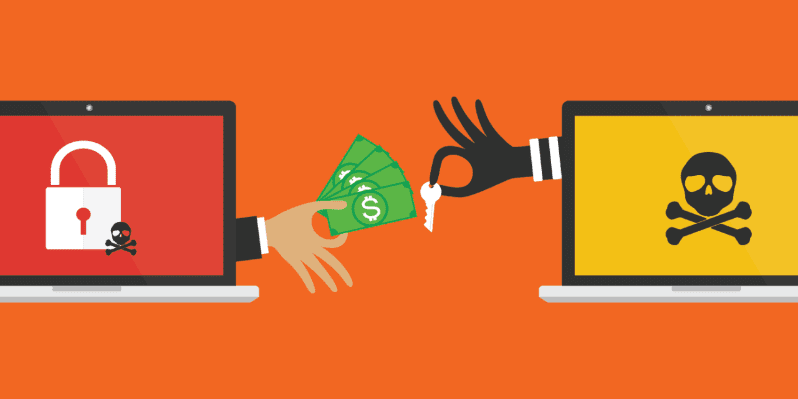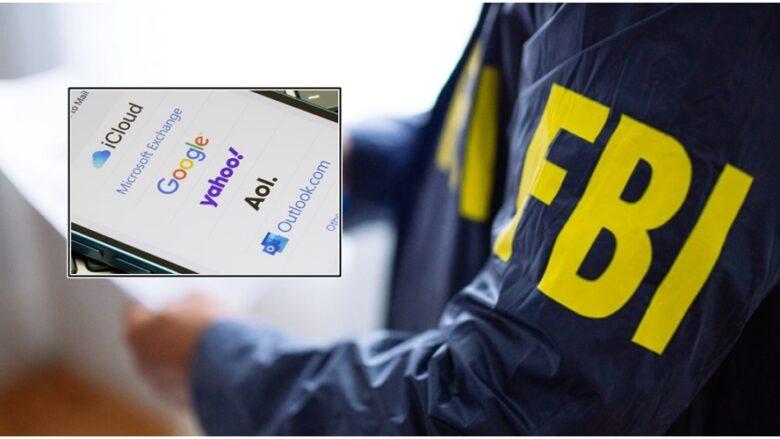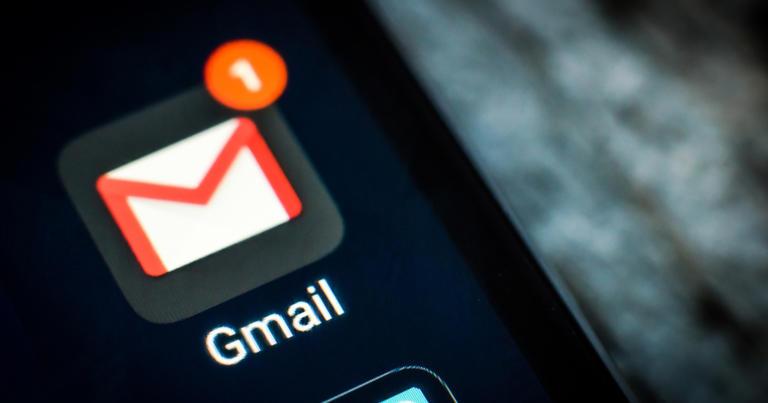The FBI warns Gmail and Outlook users about a dangerous ransomware operation that could hold their data hostage. The FBI and the US Cybersecurity and Infrastructure Security Agency (CISA) call for quick action to counteract this expanding danger, which puts over 1.8 billion Gmail users at risk. By February 2025, the ransomware organization Medusa had affected over 300 victims, affecting a variety of industries, including technology, healthcare, and education.
How Medusa Ransomware Operates when FBI Warns Gmail and Outlook Users

The FBI warns Gmail users that Medusa exploits unpatched software vulnerabilities and phishing tactics to infiltrate systems. Here’s how the attack unfolds:
- Phishing Emails: Fraudulent emails trick users into clicking malicious links or sharing sensitive information regarding users’ Gmail photo galleries and emails.
- Exploiting Vulnerabilities: Medusa targets outdated software to gain access to systems for getting sensitive data.
- Data Hostage: Once inside, the ransomware locks critical files and demands payment for their release; these types of threads are commonly faced by Gmail users worldwide.
The Impact of Medusa Ransomware Before FBI Warns Gmail

Medusa has caused significant damage worldwide. Here are some notable incidents faced by companies that have paid some handsome amount for threatening:
| Incident | Details |
| Bell Ambulance (Wisconsin, USA) | 200 GB of data stolen; $400,000 ransom demanded. |
| HCRG Care Group (UK) | 2.3 TB of corporate data stolen; $2 million ransom paid. |
How to Guard Yourself Against Ransomware
Gmail users are advised by the FBI to take the following precautions to protect their data against theft or other scams:
1. Turn on two-factor verification (2FA): Increase the security of your email accounts.
2. Employ spam filters to keep scam emails out of your inbox.
3. Update Software Frequently: Keep your systems updated to fix vulnerabilities.
4. Steer Clear of Dubious Links: Clear your spam or inbox of emails that ask for personal information or provide unidentified links.

Two-Factor Authentication’s Importance (2FA)
The FBI warns Gmail users that one of the greatest methods to secure accounts is two-factor authentication. This is how it guards against fraud for Gmail users:
• Step 1: As before, enter your password.
• Step 2: You receive a special security code via email or phone.
• Step 3: To obtain access, enter the code.

Follow the above steps after the FBI warns Gmail, that the hackers will not operate on your email and the data of your computer. Hackers will face much more difficulty assessing your accounts if you take these additional precautionary steps.
Ransomware-as-a-Service’s (RaaS) Ascent
RaaS is a growing issue where hackers create ransomware and sell access to other hackers, and the FBI warns Gmail users about it. Attacks have increased as a result of this commercial strategy, and victims have ranged from private citizens to major organisations.
• How It Operates: Other hackers execute the assaults after Medusa develops the ransomware.
• Profit Sharing: The developers and the attackers split the ransom money.
How to Respond as a Victim
The FBI advises Gmail users to take the following actions if they believe their system has been compromised:
1. Cut off your Internet: To prevent further data loss, cut off your Wi-Fi.
2. Report the incident: Contact the FBI or your local police as soon as you get threatening emails.
3. Avoid Paying the Ransom: Protect yourself and avoid paying scammers money because there is no guarantee that your data will be restored.
Final Thoughts
The FBI warns Gmail users of the urgent need for more stringent cybersecurity measures. More critical than ever is safeguarding your data from ransomware assaults like Medusa. Using 2FA, upgrading software, and monitoring phishing attempts can drastically lower your risk of becoming a victim of these harmful assaults. Take immediate action, be informed, and practice safety to safeguard your digital life.
Read More
